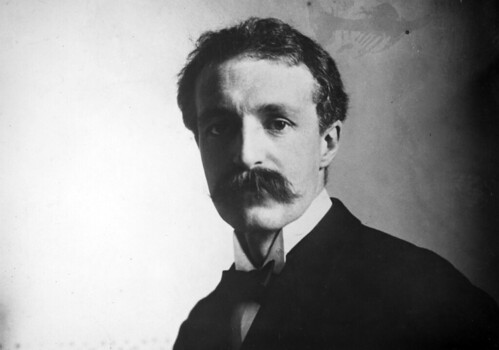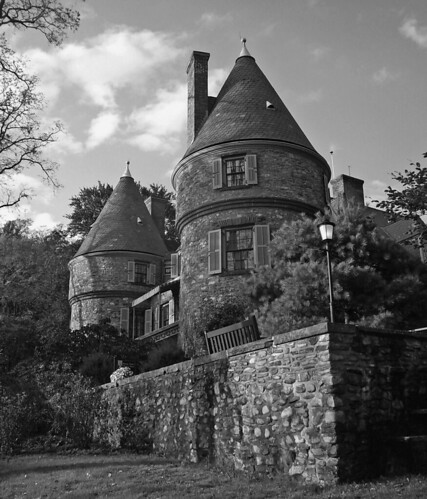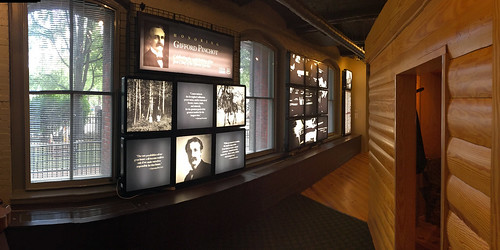
The life in which US Forest Service founder Gifford Pinchot was born into wasn’t much different than what millions of Downton Abby fans have come to know through that popular PBS period drama: huge homes, servants and vast expanses of lands where the accoutrements of many in Pinchot’s class.
And, on Aug. 11, 1865, the infant named Gifford, born in Connecticut and raised at the Pinchot family’s ancestral home, Grey Towers, would seem to follow the “normal” trajectory of his highborn status. This he did. But not how many of his contemporaries did. Instead of taking over the family business, Gifford went after another passion and he changed the world.
His passion was conservation of forested lands. His family had profited on the desecration of large tracks of forests to provide the millions of tons of pulp needed to supply its massive national market for wall paper. Millions in the late 19th century wanted wallpaper and the Pinchots provided it.

However, the Pinchots realized the environmental cost theirs and other industrial-rich American families had wreaked on the natural environment and they wanted Gifford to do something about it.
Pinchot first graduated from Yale with a degree in forestry and then went on to France to learn from the Europeans what mistakes they had made in deforestation, and he ensured the United States didn’t repeat them.
But many powerful land-owning families in America weren’t exactly interested in having their vast holdings bought up by the government. Pinchot caught a break when George Vanderbilt allowed him to conduct some early experiments on forestry at his sprawling one-hundred thousand acre-plus estate, the Biltmore in Asheville, North Carolina.
Later, having gleaned many useful skills at Biltmore and other localities including in the great Western forests, Pinchot was able to convince President Teddy Roosevelt to create the U.S. Forest Service as the greatest land conservation agency set up by any government in the modern world.
There was one important caveat, though. Pinchot insisted that he be the fledgling agency’s first chief. Roosevelt made it so. With Pinchot’s acumen for business, and his knowledge of proper conservation practices, today the Forest Service continues to fulfill his dream in conservation which he aptly said was doing “The greatest good for the greatest number in the long run.”
Today many nations refer to the Forest Service on conservation issues or have modeled their agencies on the U.S. land managing service which now manages nearly 200 million acres of wildlands from sea to shining sea.
Happy birthday Chief Pinchot!

